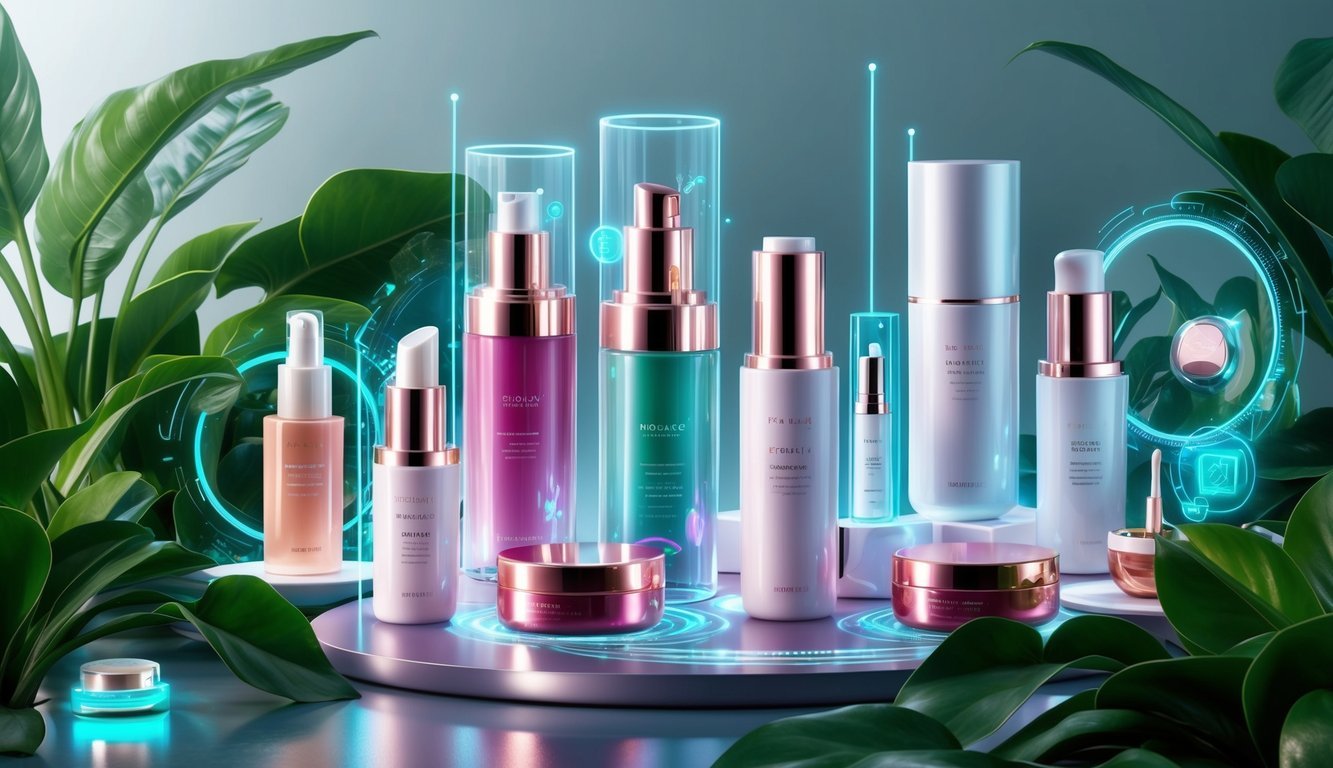
The Growth of AI in Beauty
Industry forecasts indicate that the global market for AI in beauty, valued at $2.68 billion in 2022, could soar to approximately $6.8 billion by 2027—thanks to a robust compound annual growth rate (CAGR) of 14.4%, according to AI beauty platform Arbelle. Alice Chang, the Founder and CEO of Perfect Corp, shared her vision with CosmeticsDesign, predicting that the integration of artificial intelligence (AI) and augmented reality (AR) will dramatically reshape the beauty landscape by 2025. This technological evolution promises to create deeply personalized shopping experiences, streamline product development, and blend the physical and digital realms of beauty.
Transforming Retail Experiences
One of the standout features of this transformation is the rise of AI assistants and chatbots in beauty retail. Chang envisions these digital tools evolving into sophisticated virtual beauty advisors that cater to individual preferences. By taking into account skin types, personal concerns, and product options, they make shopping a tailored experience. Customers will have access to around-the-clock support for various beauty inquiries, from skin conditions to makeup application techniques.
AI’s influence doesn’t stop at the retail level; it reaches into the heart of product innovation. Brands are poised to harness AI for analyzing consumer feedback, uncovering new trends, and simulating how new products perform across diverse demographics and skin types. Chang explained that proprietary AI models offer a unique edge for beauty brands, designed specifically to navigate the intricate nuances of the industry—unlike more generalized models such as ChatGPT.
Perfect Corp’s specialized tools, like MakeupGPT and SkincareGPT, demonstrate this focused application, providing real-time, personalized recommendations to users. However, there are hurdles to deploying such proprietary AI, particularly regarding the need for high-quality data on everything from consumer preferences to product efficacy. To overcome this challenge, Chang encourages brands to team up with dermatologists, beauty influencers, or academic institutions to build a diverse and accurate dataset.
The Role of Sustainability and Adaptability
Financial challenges also loom large, as creating proprietary AI involves significant investment in specialists, data scientists, hardware, software, and cloud services. Chang suggests that brands can kickstart their AI initiatives with smaller projects or by leveraging existing customizable platforms, such as Perfect’s AI beauty assistant, PerfectGPT.
As consumer habits shift, the marketing landscape is being redefined by the “de-influencing” trend. Chang points out that many consumers are growing increasingly skeptical of influencer-led products, pushing them to seek authenticity. Here, AI steps in as a valuable ally, providing personalized recommendations that resonate with individual consumer needs, rather than relying solely on influencer endorsements.
Moreover, AI is playing a crucial role in sustainability efforts within the beauty sector. Virtual try-on technologies reduce both product returns and waste by allowing consumers to experiment with skincare and makeup before making a purchase decision. Chang made a compelling argument for beauty brands to adopt AI and AR technologies, creating seamless shopping experiences across online platforms, brick-and-mortar stores, and social media.
In-store experiences are also getting an upgrade thanks to AI-powered AR mirrors that offer customized product suggestions based on a customer’s unique facial features and preferences.
Looking ahead to 2025 and beyond, Chang urges beauty brands to embrace data-driven strategies to stay competitive. She advises leveraging AI and analytics to gain a deeper understanding of customers. The future of the beauty industry, as she sees it, will revolve around personalization in every aspect—from product recommendations to shopping experiences and skincare routines.
As the beauty landscape evolves, adaptability will be key. Chang highlights the necessity for brands to stay agile and in tune with consumer desires, ensuring they can keep pace with the rapid changes technology continues to bring to the industry.
Source: Cosmeticsdesign

